Market Analysis
In-depth Analysis of Lightweight Metal Market Industry Landscape
The lightweight metal market is undergoing dynamic changes driven by a convergence of factors that impact both the supply and demand sides of the industry. Lightweight metals, including aluminum, titanium, and magnesium, are essential in various industries due to their low density, high strength-to-weight ratio, and corrosion resistance. The market dynamics are characterized by advancements in manufacturing technologies, the push for fuel efficiency, environmental considerations, and the diverse applications of lightweight metals across sectors.
Technological advancements play a pivotal role in shaping the dynamic nature of the lightweight metal market. Innovations in manufacturing processes, such as advanced casting techniques, additive manufacturing, and alloy development, contribute to the production of lightweight metal components with improved properties and performance. These technological advancements not only enhance the strength and durability of lightweight metals but also influence their cost-effectiveness, contributing to the overall evolution of the market.
The automotive industry, in particular, influences the market dynamics of lightweight metals. The push for fuel efficiency and the need to reduce carbon emissions drive the adoption of lightweight metals in automotive manufacturing. Aluminum, in particular, is widely used to replace traditional steel components, contributing to overall weight reduction and improved fuel efficiency in vehicles. The demand for lightweight metals in the automotive sector is closely tied to economic conditions, consumer preferences, and regulatory standards, influencing the market dynamics.
Environmental considerations, including the need for sustainable and eco-friendly materials, are becoming increasingly important in shaping the market dynamics of lightweight metals. As industries strive to reduce their environmental footprint and comply with stringent regulations, lightweight metals are gaining prominence as alternatives to heavier materials. The recyclability of aluminum, in particular, aligns with sustainability goals, influencing the market dynamics by catering to the growing demand for environmentally friendly solutions across industries.
The diverse applications of lightweight metals contribute significantly to the dynamic landscape of the market. Beyond automotive applications, lightweight metals find use in aerospace, construction, packaging, and consumer electronics. The versatility of these materials ensures that their market dynamics are influenced by trends in multiple sectors, making lightweight metals essential in various high-performance and technologically advanced applications.
Competition within the market fosters innovation and efficiency in lightweight metal production. Companies are continually striving to differentiate themselves by offering high-quality lightweight metal products, exploring new applications, and optimizing manufacturing processes. Collaborations and partnerships between lightweight metal producers, research institutions, and end-users contribute to ongoing research and development, driving innovation and influencing the competitive landscape of the lightweight metal market.
Socio-economic factors, including urbanization, infrastructure development, and advancements in aerospace technologies, contribute to the market dynamics of lightweight metals. As urban areas expand and infrastructure projects demand materials with high strength and low weight, the demand for lightweight metals increases. The growth of the aerospace industry, driven by technological advancements and increasing air travel, further influences the consumption patterns of lightweight metals, shaping the overall market dynamics.


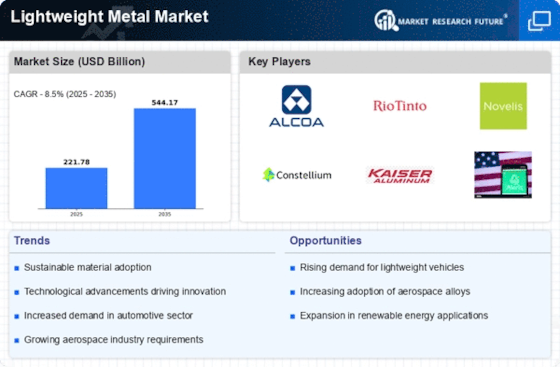
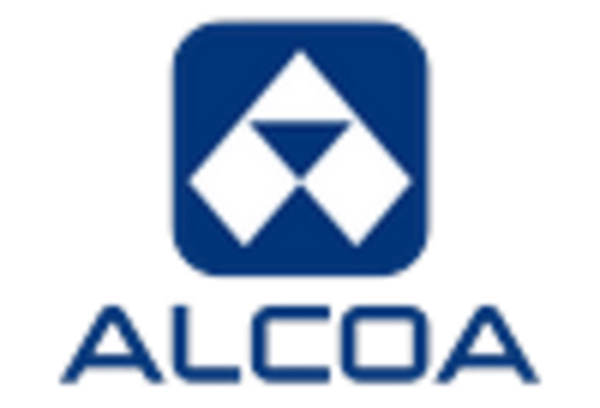

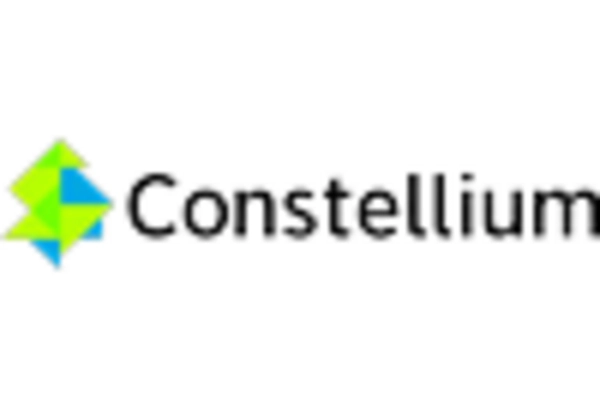
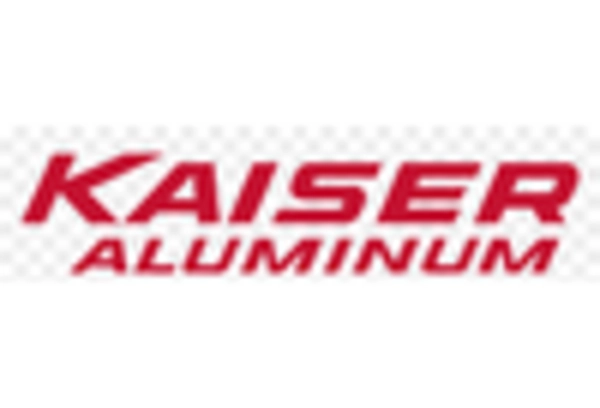

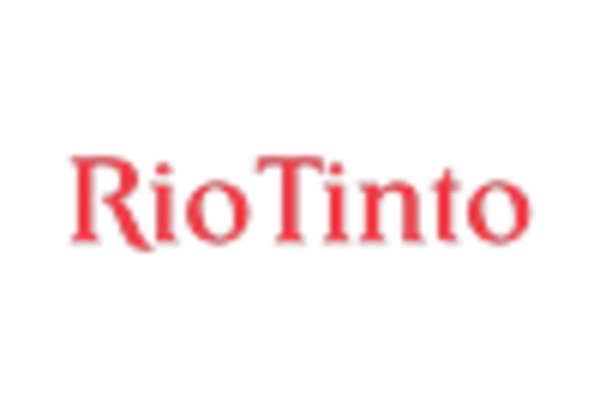









Leave a Comment